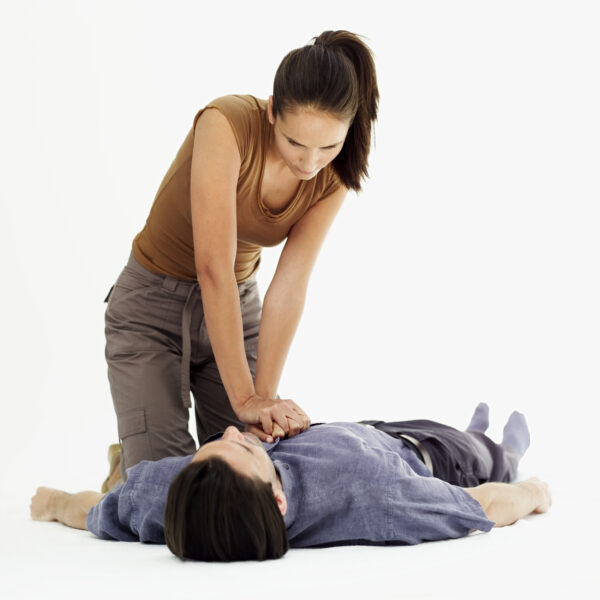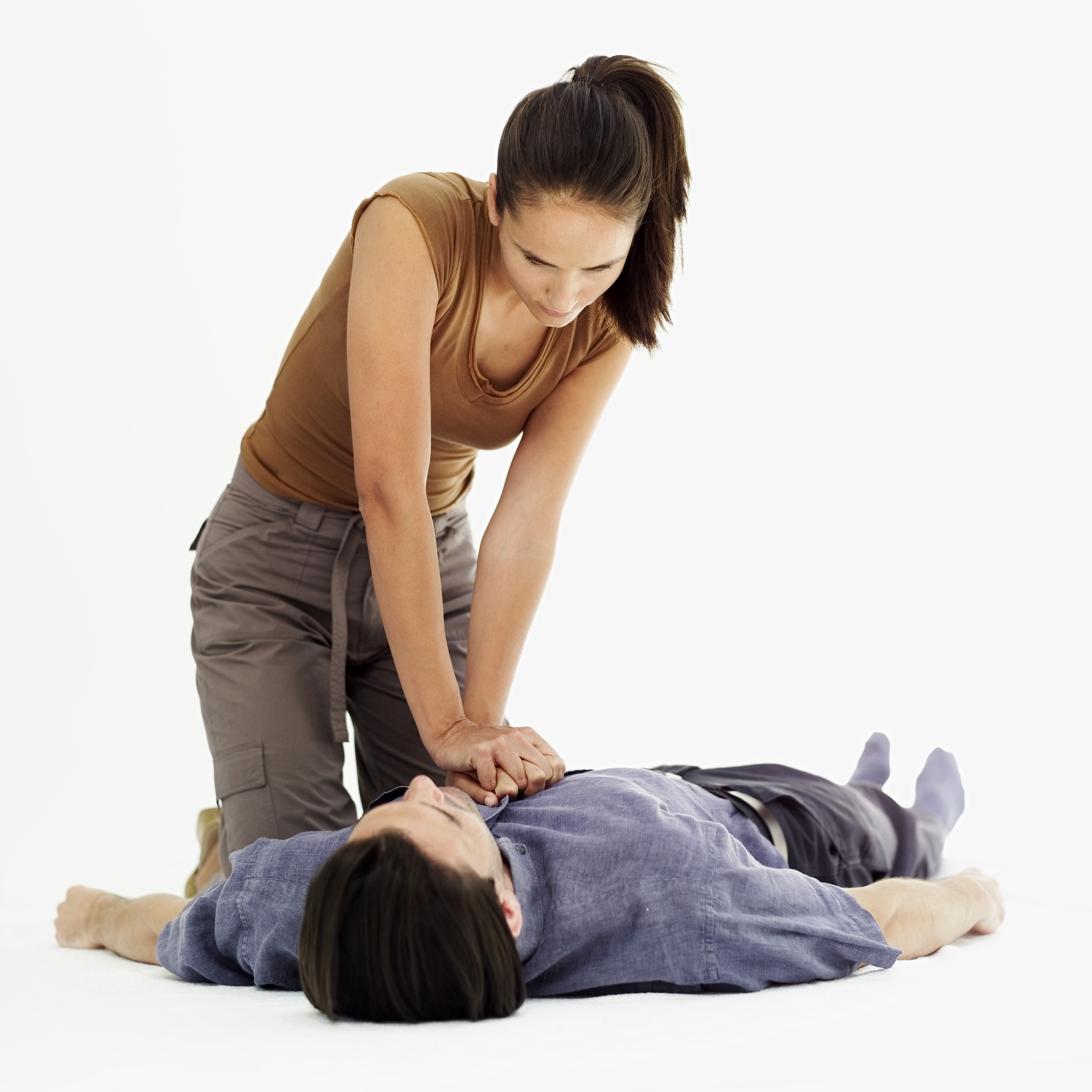
Get CPR training for your team!
If you have any questions feel free to email us at info@emccprtraining.com
CONTACT ONE OF OUR EXPERTS HERE

Last Updated on April 30, 2023 by CPR Training
 We’ve written previously about the legal side of CPR, the mechanics of Good Samaritan laws, and common myths about CPR (including “you will get sued”). This article discusses the origin of the “Good Samaritan” concept, how these laws differ from “Duty to Rescue” laws, and how important they are.
We’ve written previously about the legal side of CPR, the mechanics of Good Samaritan laws, and common myths about CPR (including “you will get sued”). This article discusses the origin of the “Good Samaritan” concept, how these laws differ from “Duty to Rescue” laws, and how important they are.
When it comes to lifesaving measures like CPR, time is of the essence. Survival depends on removing as many barriers to rescue as possible in advance. Good Samaritan laws are meant to remove a very specific psychological barrier to rescue: Fear of failure.
First, while we do our best to provide information relevant to people in lifesaving roles, this is not a legal journal, we are not lawyers, and we do not provide legal advice. With that in mind, please talk to an attorney for conclusive advice on the legality of rendering emergency aid under different circumstances in your state.
The term “Good Samaritan” refers to a parable in the Christian Bible in which a character helps a stranger on the road. In it, a guy has been beaten, robbed, and left to die. Another local, a priest, walks by… and keeps walking. Yet another guy comes along from a place most locals don’t like (Samaria). The Samaritan sees the victim. He takes the guy to an inn, clothes him, nurses and cleans him up, and pays the bill for him to stay there.
For our purpose, that story’s important elements are:
These elements pretty closely match the elements of Good Samaritan laws in the United States. Most people would like to think they’d do the same as the Samaritan, and maybe they would. One barrier to people feeling safe helping a person in danger is fear that a mistake will get them sued or arrested.
So, “Good Samaritan” laws protect people who try to help others who are in danger. The logic goes that if people know they are protected, they’re more likely to help.
Another legal approach to removing barriers to action are “duty to rescue (or report)” laws. These are sometimes referred to as “Bad Samaritan” laws. Instead of removing the fear of doing harm, these laws impose some measure of punishment for doing nothing when someone else is in danger.
Sometimes these refer to specific people who are required to help others they’re already responsible for. (Examples include school teachers and parents.) In a few other cases, these require strangers to intervene and/or report in cases of emergency.
At the time of this writing, to the best of our knowledge, every US state has some version of a Good Samaritan law. Only a handful of states (Minnesota, Rhode Island, and Vermont) require bystanders to help someone in danger if it won’t put the “Samaritan” in danger. A few more (Hawaii, Washington, and Wisconsin) require bystanders to report a crime or other emergencies.
These obligations vary, and many states have specific rules for caretakers and trained medical professionals as well.
Opinions vary on whether duty to rescue laws are as effective as Good Samaritan laws for inspiring people to act to rescue others in need. One thing is for sure: Anything that increases the chances of survival for the victim and does no harm is a win. After all– every minute counts.
Disclaimer
All the information on this website – www.emccprtraining.com – is published in good faith and for general information purposes only. EMC CPR & Safety Training, LLC does not make any warranties about the completeness, reliability, and accuracy of this information. Any action you take upon the information you find on this website (EMC CPR & Safety Training, LLC), is strictly at your own risk. EMC CPR & Safety Training, LLC will not be liable for any losses and/or damages in connection with the use of our website.
From our website, you can visit other websites by following hyperlinks to such external sites. While we strive to provide only quality links to useful and ethical websites, we have no control over the content and nature of these sites. These links to other websites do not imply a recommendation for all the content found on these sites. Site owners and content may change without notice and may occur before we have the opportunity to remove a link which may have gone ‘bad’.
Please be also aware that when you leave our website, other sites may have different privacy policies and terms which are beyond our control. Please be sure to check the Privacy Policies of these sites as well as their “Terms of Service” before engaging in any business or uploading any information
By using our website, you hereby consent to our disclaimer and agree to its terms.
Get CPR training for your team!
If you have any questions feel free to email us at info@emccprtraining.com
CONTACT ONE OF OUR EXPERTS HERE